Are Metal or Paper Aeropress Filters Better? Pro Barista’s Opinion!
When it comes to making a great cup of coffee with an Aeropress coffee maker, there are a lot of variables to consider.
One of the most important choices you’ll make is what type of filter to use.
In this article, I’ll compare metal vs. paper Aeropress filters to help you decide which is right for you.
- Paper filters are the most popular choice for Aeropress users. They’re easy to find and relatively inexpensive. Paper filters also do a great job of removing sediment from your coffee and will cause your coffee to taste lighter.
- Metal filters are less common, but they offer some advantages over paper filters. Metal filters don’t absorb any coffee oil, so your brew will have a richer flavor. However, they let more coffee sediments pass through.
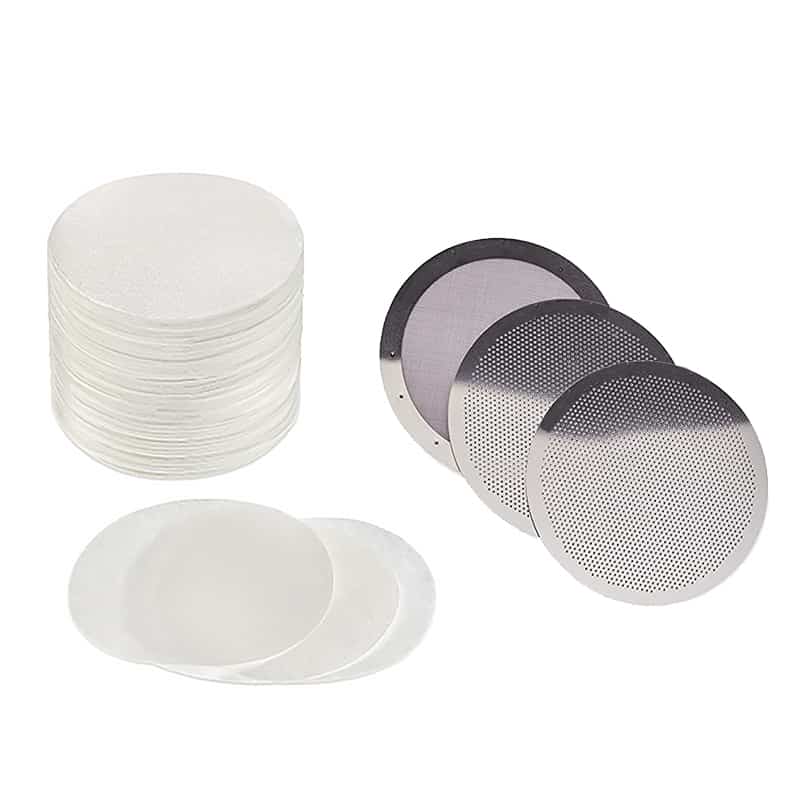
I just brewed 2 cups of Aeropress coffee to compare the paper and metal filters. Follow along as I discuss the differences I noticed.
The Purpose of the Filter
The filter in an Aeropress plays a crucial role in the coffee brewing process.
As you know, a coffee bean is made up of 30% water soluble (oils), and 70% non-soluble compounds (sediments). The hot water (95°C ) added to the ground coffee dissolves the soluble oils during immersion and moves the non-soluble compounds along with the water flow.
As such, the filter has to ensure that:
- The coffee grounds are evenly saturated with water,
- No grinds end up in your cup,
- Oil and sediments are filtered,
- A smooth, rich, and delicious Aeropress coffee is the result.
You can use paper or metal filters in the Aeropress, but as you can expect, the resulting cup of coffee will be different.
Differences between Paper vs. Metal Aeropress Filters
There are two main types of coffee filters for the Aeropress – paper and metal.
- Paper filters are the most common type of filter, and they’re made out of, you guessed it, paper.
- Metal filters are less common. They’re basically metal disks with tiny holes, made out of corrosion-resistant stainless steel.
You can also use a cloth filter, but keeping it clean seems like too much of a hassle to me…
Here is a comparison of the most important aspects of Aeropress coffee made with both filters.
Ease of Use – Winner: Paper filter
Deciding whether paper or metal filters are easier to use is a real toss-up for me.
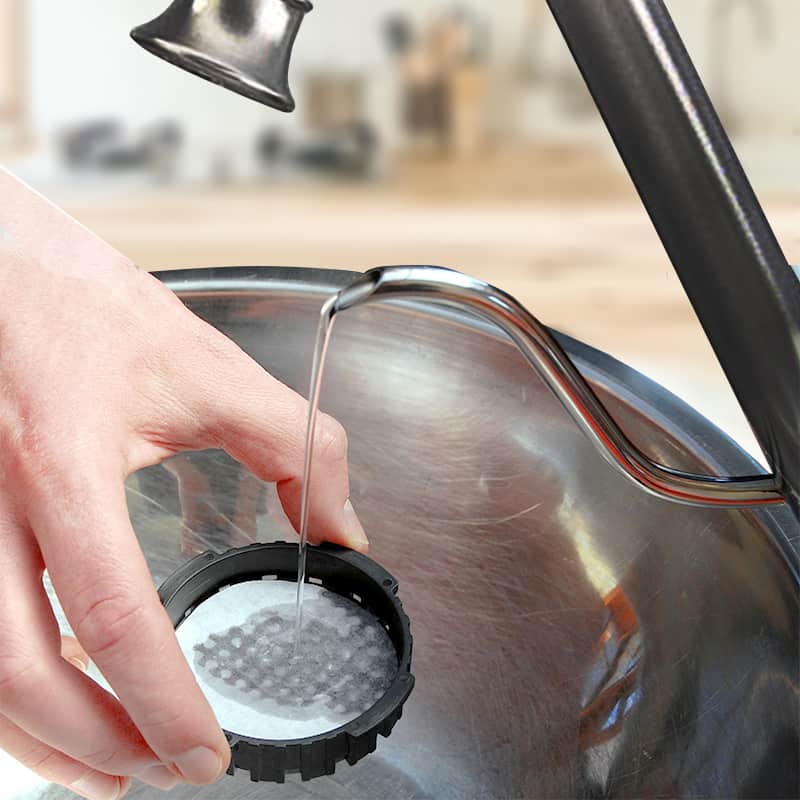
Preparation-wise, the metal filter is easier to use since you simply pop it in. With the paper filter, you need to pre-wet it to eliminate any paper taste, so that’s an extra step.
However, after you finish brewing your coffee, paper filters are easier to use since you just throw them away. Metal filters need to be washed after each use, ensuring there is no oil buildup on them and the holes aren’t clogged.
Looking at the time and effort it takes to use each filter, I would have to say the paper one is easier, even though you have to pre-soak it.
Keep in mind, that you also need to store your paper filters in a clean, dry place. A metal filter is more forgiving, and it takes up less space than a box of paper filters.
Flavor and sediments – Winner: Paper filter
I found that paper Aeropress filters tend to make a cleaner cup of coffee. The paper filter will trap more coffee oils and sediments, resulting in a cup of coffee that is light and less bitter, but has less body.
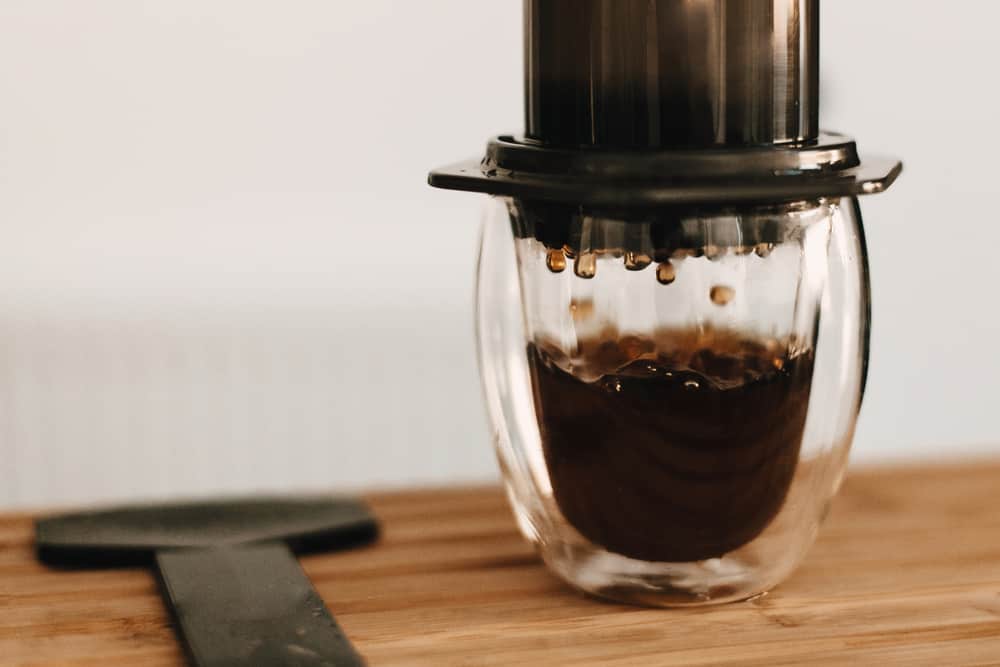
Some still find that paper filters let some sediments through and they found a solution by stacking two paper filters to get an even smoother cup. Sediments have not been a problem for me though when I’m using paper filters.
Metal filters, on the other hand, allow more of the coffee oils and sediments (aka coffee grit) to pass through, resulting in a cup of coffee that is heavier, with more body and flavor. The difference in taste is very noticeable, not just slight.
When I crave a lighter cup of coffee, I usually reach for a paper filter Aeropress, and I may also vary the grind level. When I am in the mood for a heavier coffee, I have an espresso or an Americano, not a metal-filtered Aeropress.
Sustainability – Winner: Reusable metal filter
Paper filters are made from the long fiber of fast-growing trees, a renewable resource that can be composted as they break down naturally. Each paper disk weighs 0.17 grams. However, you need to use a new one for each cup, which results in ongoing industrial production.
Metal filters are made from mined materials, which are non-renewable. You must recycle a metal filter if you want to dispose of it properly, but since it does not wear or tear, it will last many years just like your plastic AeroPress. It can be considered a reusable filter that will last years, but you’ll probably lose it before it needs replacing.
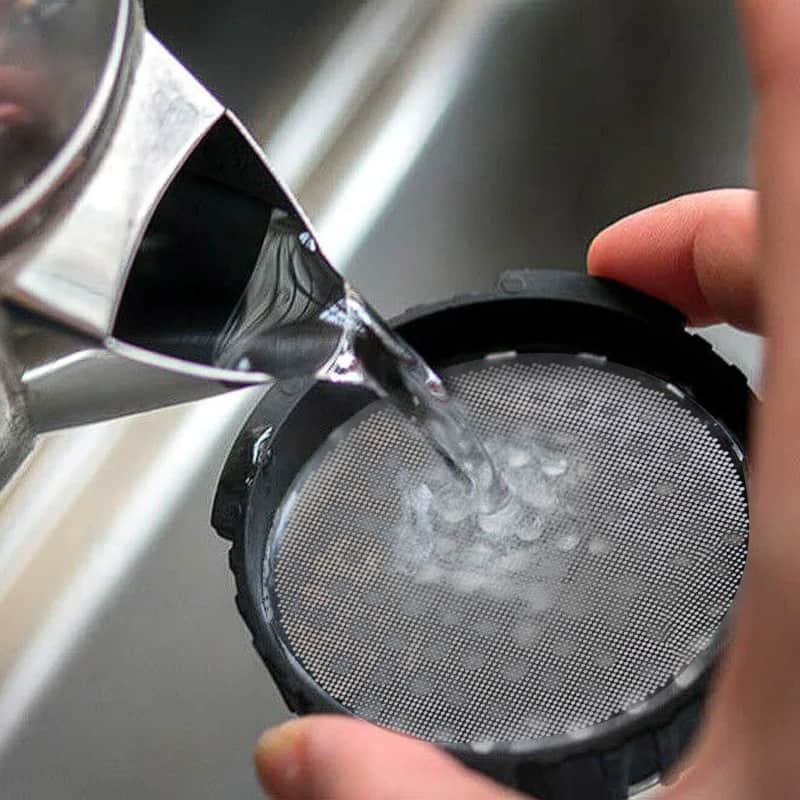
It’s interesting to note that specialty coffee shops use paper filters, even though sustainability is a primary concern of specialty coffee.
Cost – Winner: Tie
In October 2024, you can get 700 paper filters for the Aeropress costs $15. Yes, that’s hundreds of cups of coffee, even if you rip or crumble a few.
In comparison, you can get 1 or 2 stainless steel filters for $15, depending on the brand.
In theory, you can use a stainless steel Aeropress filter forever, making it cheaper in the long run. But I doubt that you will have it for that long, so I have to give this a tie.
Pros and Cons of Metal & Paper Aeropress Filters
As you can see from the above, both types of filters have their pros and cons. Here is a table summarizing the pros and cons of each:
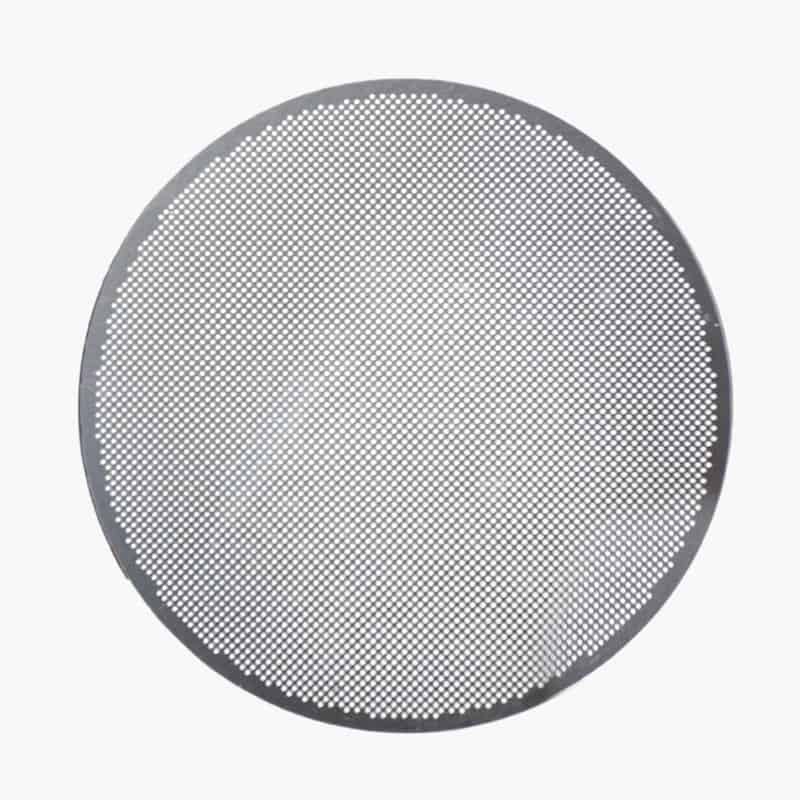
Metal Filter Pros
Metal Filter Cons
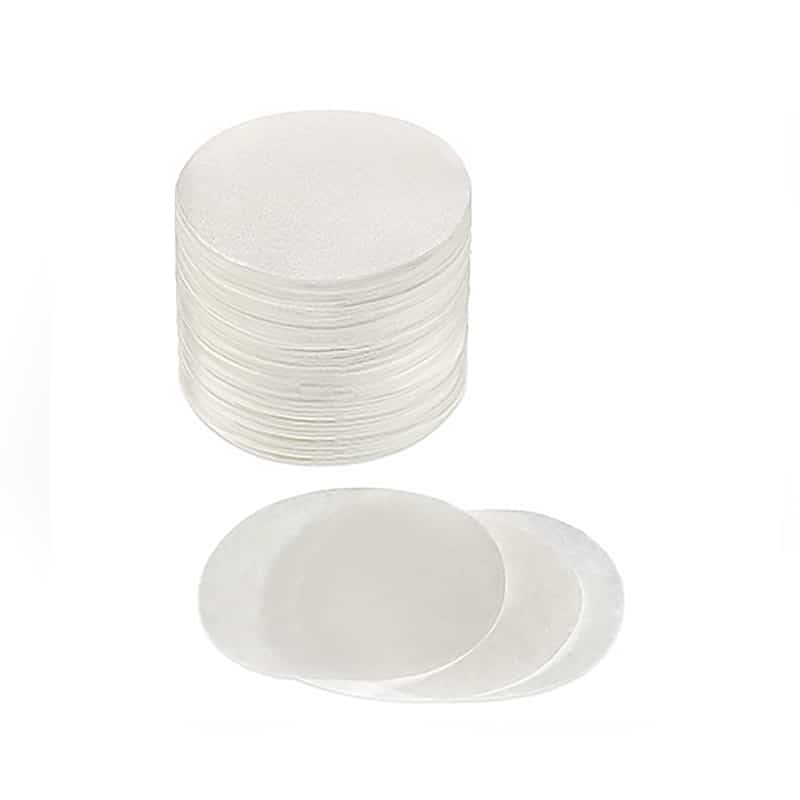
Paper Filter Pros
Paper Filter Cons
I did not touch on the health aspect of each filter because I have not found anything conclusive. According to this research, paper-filtered coffee is healthier due to filtering out diterpenes which increase cholesterol levels. On the other hand, it also filters out useful cafestol.
Are metal or paper coffee filters better?
After reading this comparison between metal and paper Aeropress filters, you should already be familiar with the benefits of each type.
Which is better?
It’s a personal preference.
I still prefer paper filters for their taste and ease of use, so I will not be using a permanent metal filter. But for example, Aeropress espresso is a bit more authentic with a metal filter.
How about other coffee lovers out there? Which filter do you like better?

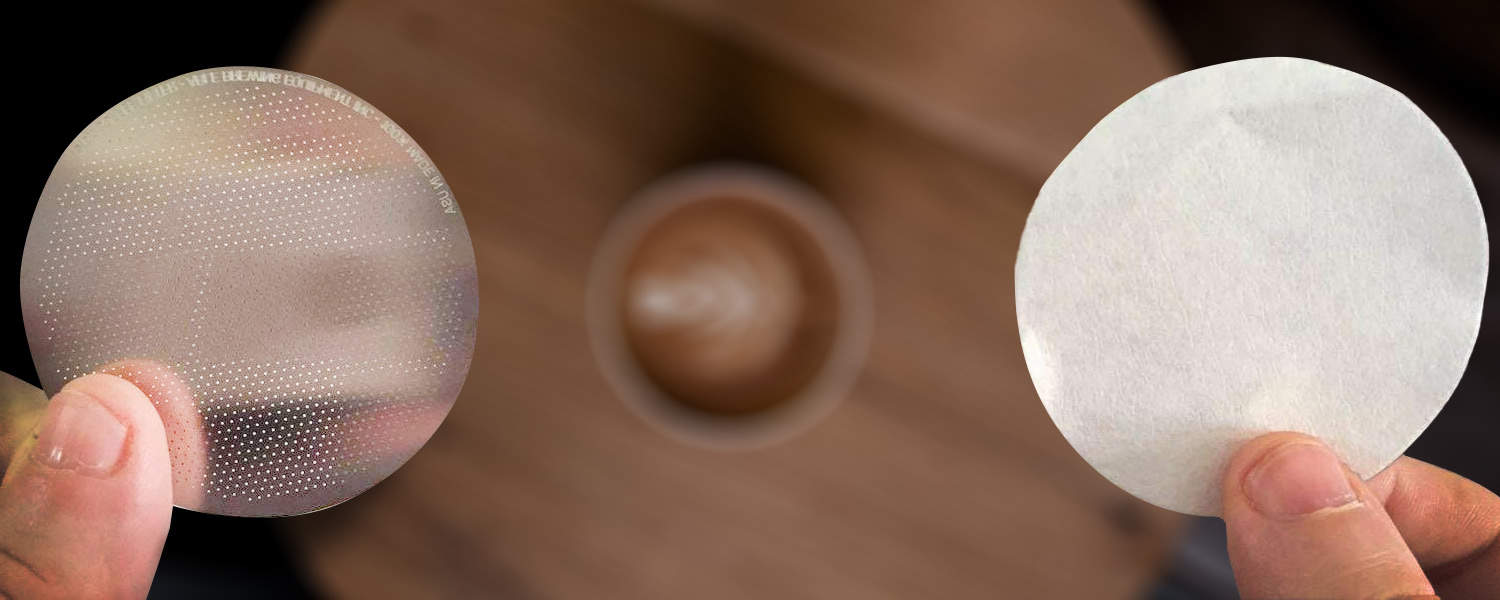
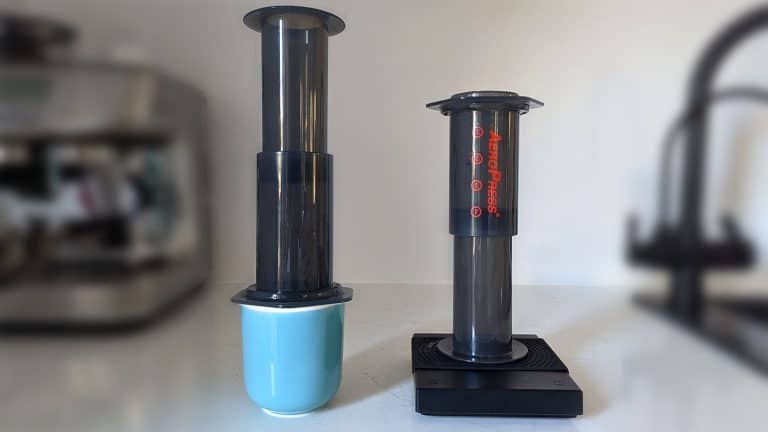
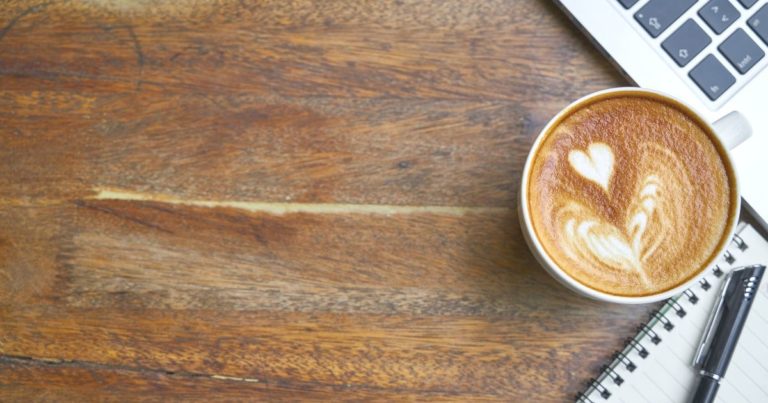
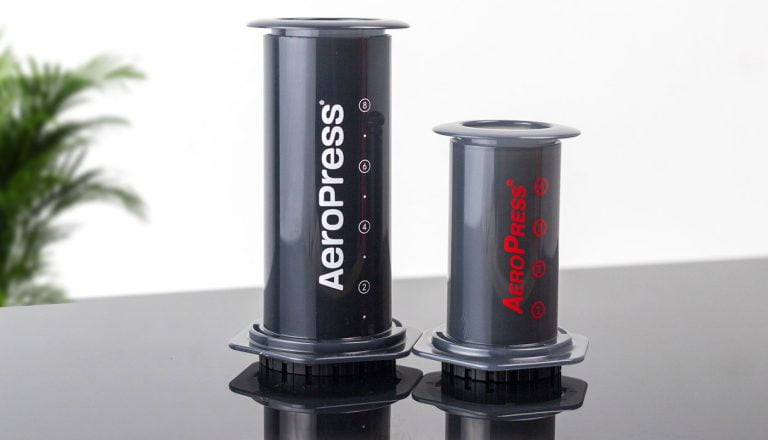
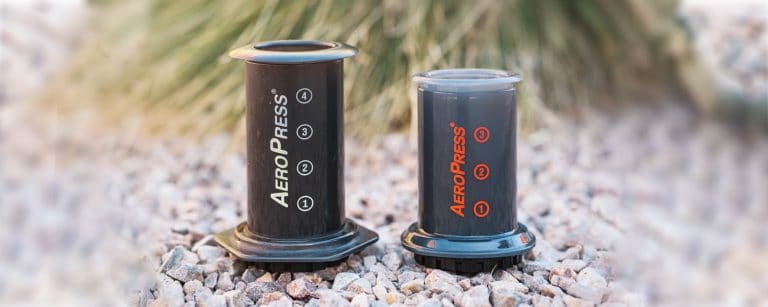

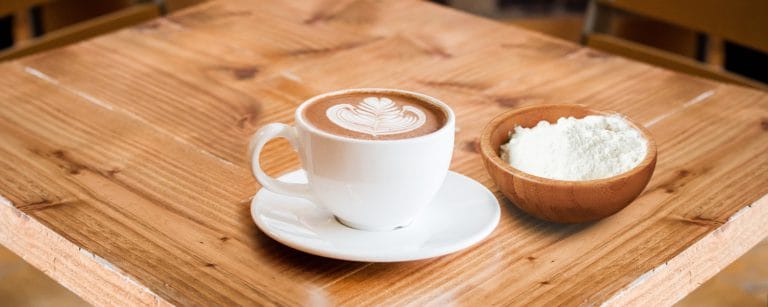
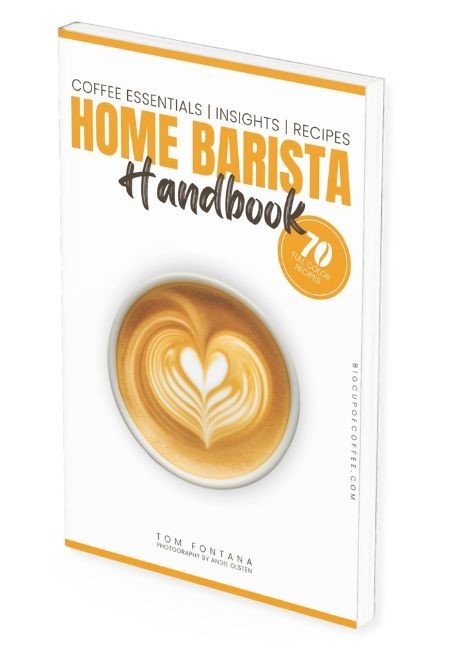
Solid summary, but I’m curious about something. When we talk about the sediment that metal filters let through, is there a possibility that over time this could impact one’s health? Or is it more of an aesthetic and mouthfeel preference? Would love to get some more insights on that.
I can’t thank you enough for this article, Tom. I literally just got an Aeropress and was puzzled about which filter to use. You’ve cleared up the confusion for me, and it sounds like for ease of use, I’m going to start off with paper filters. The idea of not having to clean a metal filter after each brew will save me time in my busy mornings. Much appreciated.
Really enjoyed reading through your comparison, Tom. It got me thinking about how the small choice of filters can impact the environment and our wallets. I’ve been using metal filters for a while in an effort to reduce waste, but never considered how they might change the coffee’s taste. It’s an eye-opener to learn that the flavor could actually be richer due to oils that paper filters might absorb.
Hey fellow coffee aficionados, Charlie here—a barista for over a decade. Tom’s got it right, but let me just add that, from an expert’s lens, it all boils down to personal taste. Paper will give you a cleaner cup, while metal lets more of the coffee’s natural flavors shine. And for those concerned with waste or cost, you can clean a metal filter easily with a bit of baking soda and vinegar every once in a while to keep it in tip-top shape. Remember to enjoy the process and experiment to find your perfect brew.
Tom, good points on ease of use, but can you clarify something? You mentioned paper filters need pre-wetting to avoid paper taste which is an extra step. But doesn’t the time it takes to properly clean and maintain a metal filter also add up in the long run? Would like to hear your thoughts on this aspect of the filter maintenance routine.